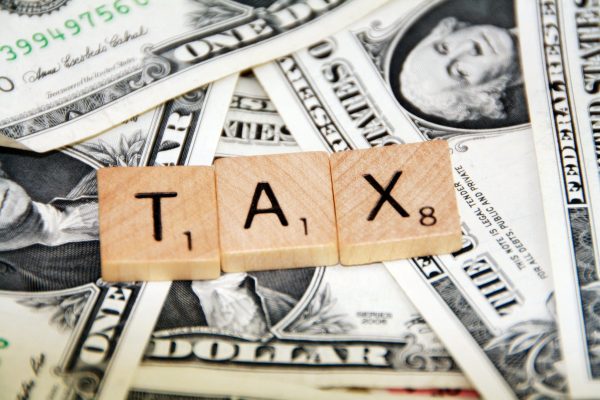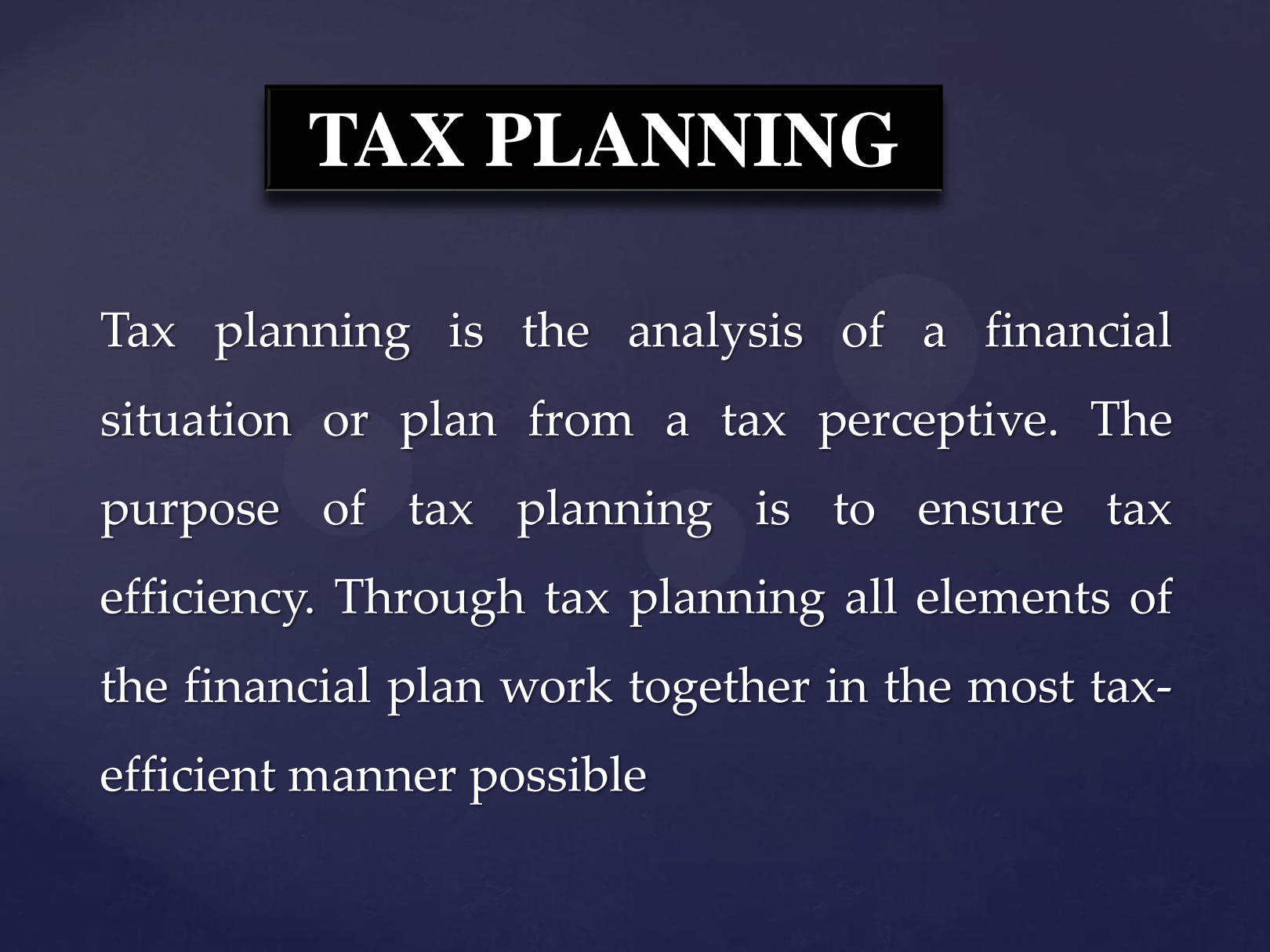Home>Finance>Tax Abatement: What Is It And How Does It Work?


Finance
Tax Abatement: What Is It And How Does It Work?
Modified: September 6, 2023
Learn everything you need to know about tax abatement. Here's how it works to reduce or eliminate property taxes for prospective buyers and owners.
(Many of the links in this article redirect to a specific reviewed product. Your purchase of these products through affiliate links helps to generate commission for LiveWell, at no extra cost. Learn more)
If you are thinking of buying property, tax abatement is a beneficial program you might want to avail of and take advantage of. This will ease the financial burden that comes with purchasing real estate and will ensure you will get your money’s worth.
What Is Tax Abatement?
Tax Abatement is a property tax incentive that entities issue to significantly reduce or eliminate taxes that an owner pays. This may be in a piece of commercial or residential property in a specific area. Taxation entities that offer tax abatement programs include the government, state treasury offices, city governments, and municipalities.
Some of these programs are part of revitalization efforts for an area within a city, county, or state. It is designed to bring in buyers to a specific area and to boost the integrity, value, and appearance of a particular neighborhood. Abatements can be temporary and last for only a few months to a year. In some instances, it can go on for decades. While for rarer cases, it can endure indefinitely.

Photo by David Mark from Pixabay
Specific property buyers are the target of the program. The usual demographics are residents who are lower to middle-income earners. It can be an opportunity for them to buy property and save money on taxes they would be expected to pay otherwise.
If you buy a property that is already eligible for a tax abatement, your property tax bill will be lowered or waived entirely. This is for the duration of the abatement period. Issuing entities, however, have the right to revoke the abatement.
What are the Purposes of Tax Abatement?
Tax abatements have several purposes and functions. Entities offer them to buyers for several reasons. These are the following:
- The primary reason behind most tax abatement is to offer a financial incentive to property buyers and move into a particular area of the city, state, or county.
- It is designed to make such areas more appealing to prospective developers and buyers. Tax abatements obligate these individuals to do business or live in the neighborhood so they can receive the full advantages that come with the offer.
- It is also designed to stimulate the local economy by constructing new houses and businesses in the area. To get the property tax abatement, buyers are responsible for renovating and improving the buildings.
Photo from Max Pixel
- Abatement programs encourage property owners to add environmentally friendly elements to their buildings. These are energy efficient pieces such as solar panels, eco-friendly materials that improve their homes or businesses.
- Tax abatement improves communities and increases the value of properties. This means that once the abatements expire, the properties would have higher appraisal values that can be taxed at a higher rate.
How To Be Eligible For Tax Abatement?
To be eligible for a tax abatement, it depends on several factors. There is no definite answer when and if you will be qualified. This is because each local government, district, or municipality has varying eligibility requirements.
Many government entities will ask you to submit an abatement application to gain approval. Abatements also depend on a number of factors that include the type of incentive offered and the intended target for this money-saving opportunity.

Photo from Pixabay
Application For Eligibility
Some programs require buyers to apply and be approved for tax abatement. Meanwhile, other properties listed for sale already have abatements attached to them. There are also some programs that require participants to renew their applications and eligibility regularly.
Income Stipulations
For new homeowners, many tax abatement programs come with income stipulations. These programs are for low to middle-income individuals and families. In some cases, only individual buildings and houses with a certain number of units qualify. In addition, if a buyer earns more than the stipulated guideline, he or she will not be eligible for abatements.
Photo from Max Pixel
Environmental Improvements
You may also have to work for your tax abatement in some cities. Before applying for it, you might have to make environmental improvements or renovate the property. If you fail to upgrade it, your abatement offer will be rescinded and you will be responsible for paying the full amount of the property’s tax.

Photo by American Advisors Group from Flickr
Time Frame
Some programs may require the owner to move and take his or her possession and into tax abated properties within a certain time frame. Failure to do so will result in the abatement being removed from the property. The owner will then have to pay the full value of the property’s taxes.
Prior to closing on the properties, prospective buyers need to be informed of the eligibility requirements. This is so they can determine if they can meet the qualifications before putting money down on a house or a commercial building.
Precautions With Tax Abatement
Although a tax abatement program may be a good program to take advantage of, buyers should proceed with a certain level of caution before the agreement. To start, interested buyers need to realize that this program is typically offered on homes or buildings located in less ideal neighborhoods.
Because of this, crime rates in these parts of a neighborhood or city may be higher than in other locations. Property values may also be much lower than anywhere else in the area. But there is no guarantee that there will be an increase in the appraisal value of the property during the period the owner lives or does business on it.

Photo from Pixabay
Tax abatements are also temporary. This is why eligible property owners need to prepare for the eventual expiration of the abatement program. They should be ready to pay for higher property taxes at the end of the abatement term. That is if the program has a finite timeline. An increase in taxes could take a significant toll on the individual’s budget.
Lastly, issuing entities can rescind the abatement offer from owners of tax abated properties. For instance, if a property owner becomes delinquent with his or her tax payments, the tax abatement may be revoked. This is why owners are encouraged to be timely in making payments and check their monthly mortgage statements.

Photo by Gerd Altmann from Pixabay
To conclude, a tax abatement can help a prospective buyer save money by reducing or eliminating taxes. It also makes properties such as houses, commercial buildings, and neighborhoods more appealing to invest in.
There are some properties they can buy with tax abatement programs attached to them. Also, they can apply for these programs from issuing entities that impose taxes on property owners.














